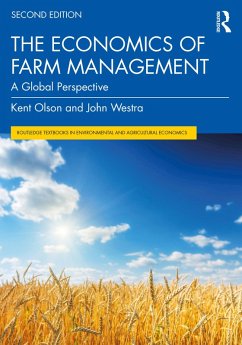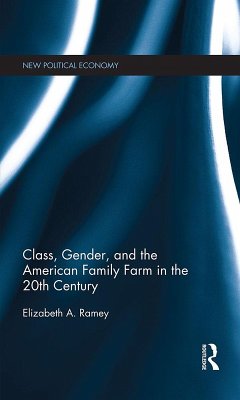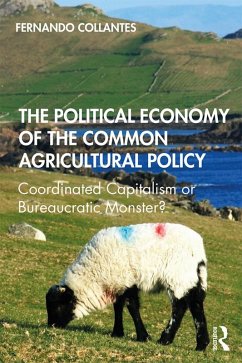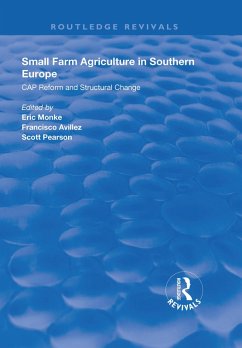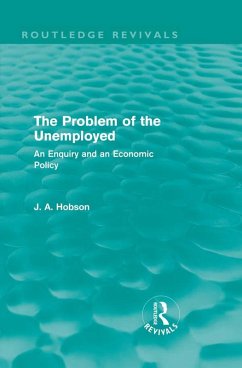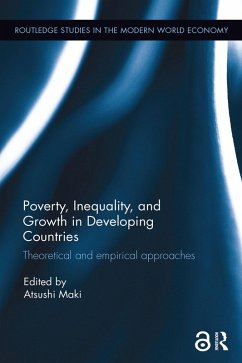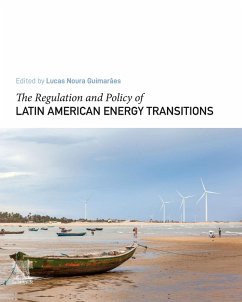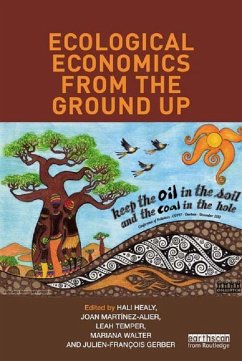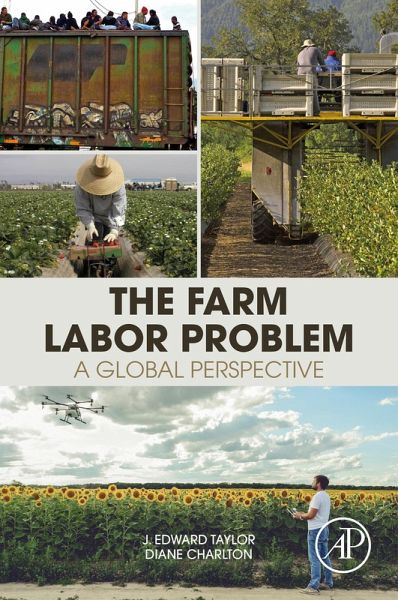
The Farm Labor Problem (eBook, ePUB)
A Global Perspective
Versandkostenfrei!
Sofort per Download lieferbar
79,95 €
inkl. MwSt.
Weitere Ausgaben:

PAYBACK Punkte
40 °P sammeln!
The Farm Labor Problem: A Global Perspective explores the unique character of agricultural labor markets and the implications for food production, farm worker welfare and advocacy, and immigration policy. Agricultural labor markets differ from other labor markets in fundamental ways related to seasonality and uncertainty, and they evolve differently than other labor markets as economies develop. We weave economic analysis with the history of agricultural labor markets using data and real-world events. The farm labor history of California and the United States is particularly rich, so it plays ...
The Farm Labor Problem: A Global Perspective explores the unique character of agricultural labor markets and the implications for food production, farm worker welfare and advocacy, and immigration policy. Agricultural labor markets differ from other labor markets in fundamental ways related to seasonality and uncertainty, and they evolve differently than other labor markets as economies develop. We weave economic analysis with the history of agricultural labor markets using data and real-world events. The farm labor history of California and the United States is particularly rich, so it plays a central role in the book, but the book has a global perspective ensuring its relevance to Europe and high-income Asian countries. The chapters in this book provide readers with the basics for understanding how farm labor markets work (labor in agricultural household models, farm labor supply and demand, spatial market equilibria); farm labor and immigration policy; farm labor organizing; farm employment and rural poverty; unionization and the United Farm Workers movement; the Fair Food Program as a new approach to collective bargaining; the declining immigrant farm labor supply; and what economic development in relatively low-income countries portends for the future of agriculture in the United States and other high-income countries. The book concludes with a chapter called "Robots in the Fields," which extrapolates current trends to a perhaps not-so-distant future. The Farm Labor Problem serves as both a guide to policy makers, farmworker advocates and international development organizations and as a textbook for students of agricultural economics and economics. - Describes the unique character of agricultural labor markets providing consequential insights - Contextualizes the economics of agricultural labor with a global perspective - Examines the history of farm labor, immigration, policy and collective bargaining with a view to the future
Dieser Download kann aus rechtlichen Gründen nur mit Rechnungsadresse in A, B, BG, CY, CZ, D, DK, EW, E, FIN, F, GR, HR, H, IRL, I, LT, L, LR, M, NL, PL, P, R, S, SLO, SK ausgeliefert werden.




